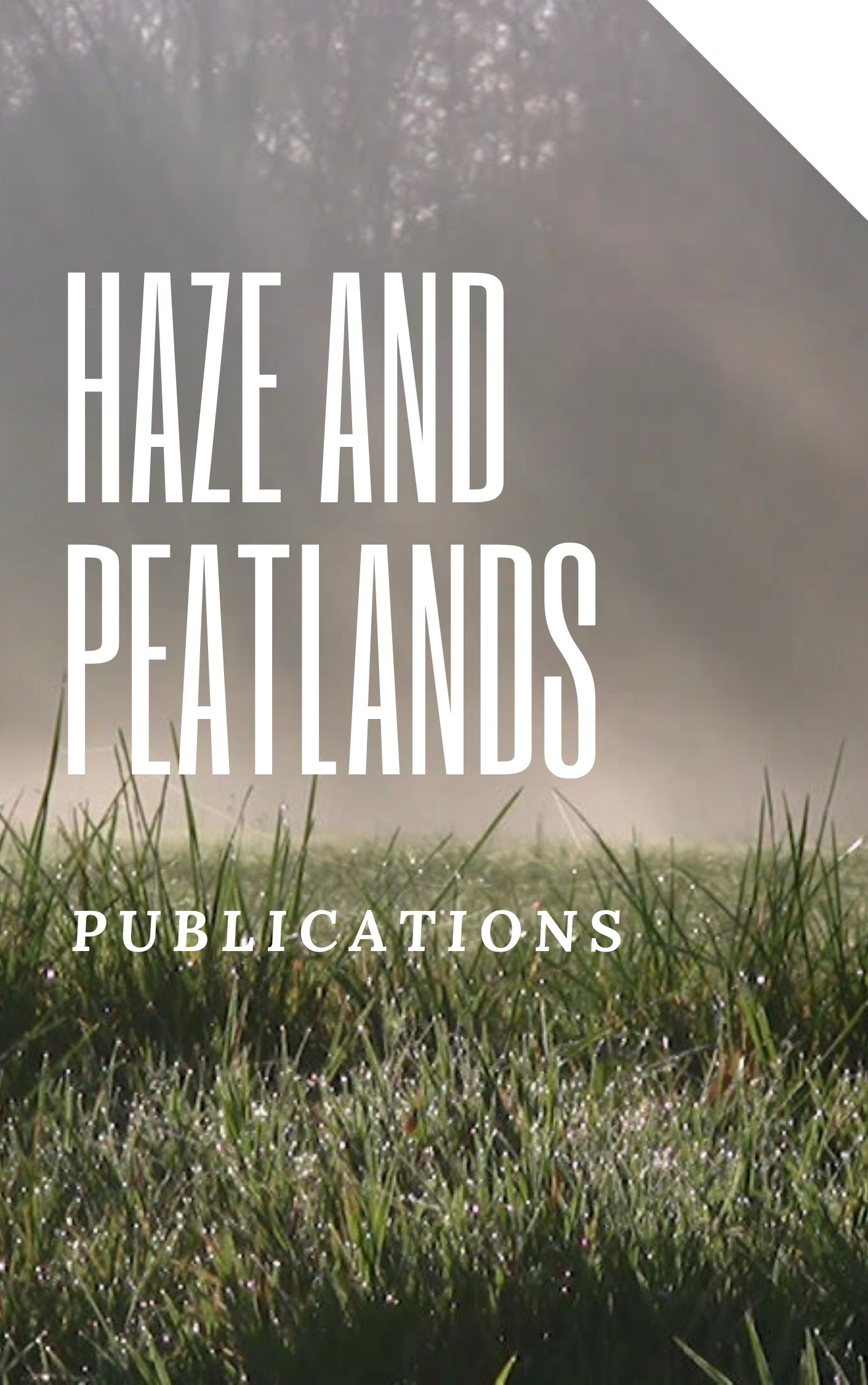Southeast Asia has the most significant tropical peat/peat carbon storage area in the world, with Indonesia being the primary location for much of it. Anthropogenic changes to peatlands have resulted in a threat to these endangered ecosystems; policies that have favored industrial and elite interests above those of local communities have resulted in severe consequences for the environment and public health, not only in Indonesia and its region, but for the world community in terms of contributions to climate change. Decentralization has been seen as a means of sharing authority and accountability with lower government levels and providing additional opportunities for shared governance. Still, there is reason to question the means of these approaches and the results of such efforts. The research question is: What can be learned about the administration’s role in leading stakeholder involvement from the case of Indonesian peatland management? The authors utilize outcome additionality as a framework connected to the resilience of peatlands.
View source

